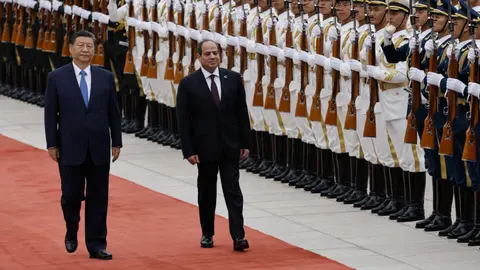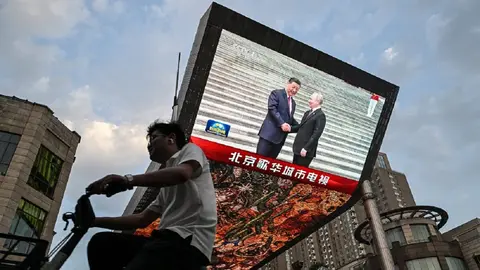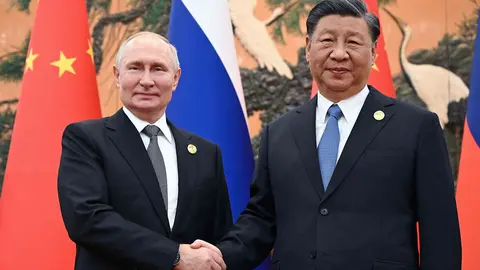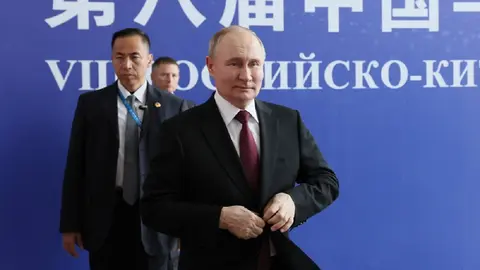Xi Jinping calls for Gaza peace conference with Arab leaders
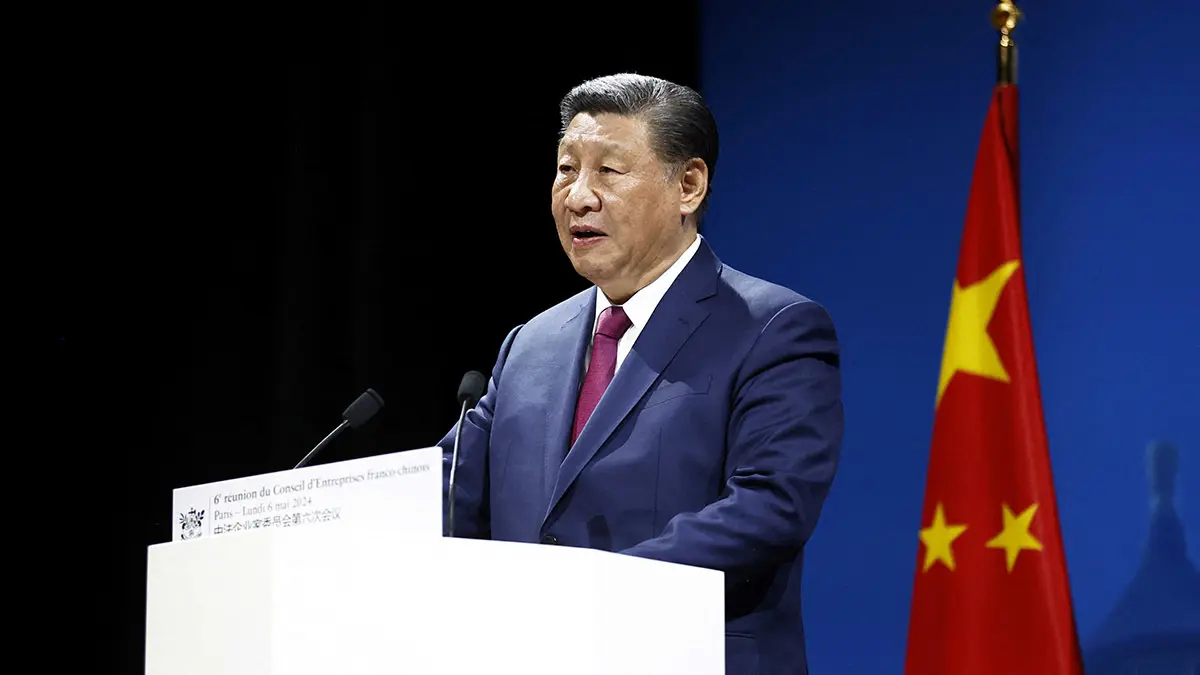
The war in Gaza was one of the main items on the agenda of the 10th Ministerial Conference of the China-Arab Forum in Beijing. The conflict between Israel and Hamas, which began on 7 October following an attack by the terrorist group, is already having dangerous consequences in the region that threaten to affect global security and stability.
This is why different parts of the world are trying to push for a solution to this war, which will soon be eight months old. ‘Since last October, the Israeli-Palestinian conflict has escalated dramatically, causing tremendous suffering to the people,’ Xi said in his speech at the opening of the Sino-Arab cooperation forum. ‘The war should not continue indefinitely,’ he stressed.
In addition to the war between Israel and Hamas, other regional actors have become involved in the conflict, raising tension and instability in the Middle East. Hezbollah, Houthi rebels in Yemen and pro-Iranian militias in Syria and Iraq - all backed by Tehran - recurrently launch attacks on Israeli territory. In addition, Houthi actions are destabilising and threatening world trade in the Red Sea.
This war has also led Iran to directly attack Israel for the first time in history, raising regional and global tensions to the highest level, pushing countries such as the US, the UK, France and even Jordan to intervene during the massive Iranian attack.
#Beijing | Foreign Minister HH Prince @FaisalbinFarhan arrived in Beijing to participate in the 10th Ministerial Conference of the China-Arab States Cooperation Forum. pic.twitter.com/Ws7YP7a9D3
— Foreign Ministry 🇸🇦 (@KSAmofaEN) May 30, 2024
On the other hand, the clashes between Israel and Hamas are causing a serious humanitarian crisis in Gaza, where, according to figures provided by the Hamas-controlled Ministry of Health, more than 36,000 people have already died.
In view of this delicate situation, Xi called on Arab leaders for an international peace conference to resolve the war. He has also insisted on the establishment of an independent Palestinian state and pledged 500 million yuan ($69 million) in humanitarian aid for Gaza.
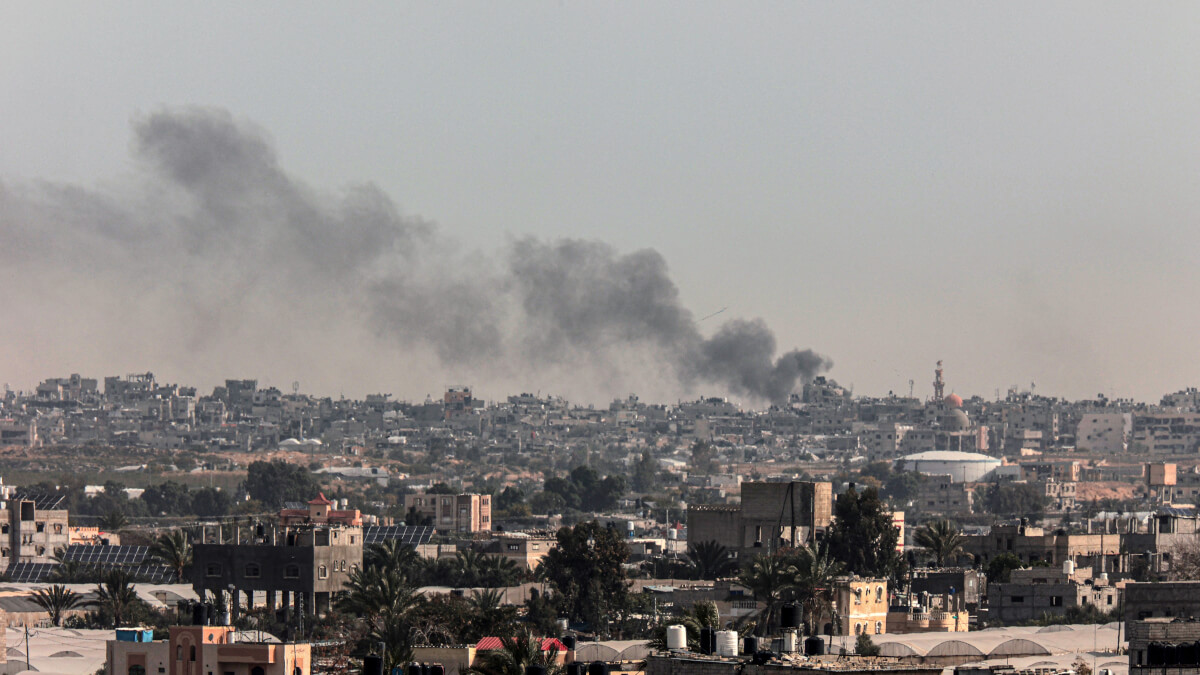
Beijing has for many years supported the Palestinians, condemning Israeli settlements in the West Bank. Nor has it criticised Hamas for its 7 October attack that killed 1,200 people, mostly civilians, and kidnapped more than 200. Nevertheless, Beijing has strong economic ties with Israel.
Regionally, China has sought to deepen its relations across the Middle East in recent years, aligning itself with the Arab world on the conflict and criticising Israel for its military operation in Gaza. Beijing has also used the war to attack the United States as an aggressor power that dominates the current world order, a system that both China and Russia have vowed to change.
Egyptian President Abdel-Fattah Al-Sissi praised China's efforts to push for an immediate ceasefire and the establishment of a Palestinian state during his speech at the opening of the forum.
The Egyptian leader also called on ‘all active actors in the international community to assume their moral and legal responsibilities and stop the outrageous Israeli war’. ‘I further urge the international community to take immediate and decisive steps to enforce the instant and unrestricted delivery of humanitarian aid and assistance to the Gaza Strip,’ he added, in remarks reported by AP.
President El-Sisi’s Speech at the Opening Session of the China-Arab States Cooperation Forumhttps://t.co/kD7Q6nYhPr pic.twitter.com/tSB2noxTlB
— رئاسة جمهورية مصر العربية (@EGPresidency_AR) May 30, 2024
China's influence in the Middle East
In addition to addressing the war in Gaza, the Chinese leader and Arab leaders pledged to deepen cooperation on trade, energy, space and medical issues. Beijing has been trying for years to expand in the Middle East through soft power and to present itself as an alternative to Western countries, especially the United States.
Beijing was able to push for a peace deal between Iran and Saudi Arabia, two regional rivals that had been without diplomatic relations for years. This deal was seen as a diplomatic failure for Washington at a time when it was losing influence in the region. Beijing has also recently hosted representatives of the Palestinian groups Fatah and Hamas - at loggerheads for decades - for ‘reconciliation’ talks.
At a time of change and instability, the Asian giant is carving out a niche for itself in the Middle East through trade and diplomacy in order to gain regional influence vis-à-vis the US and the West. This strategy is also being pursued in other parts of the world, such as Africa and Latin America.

